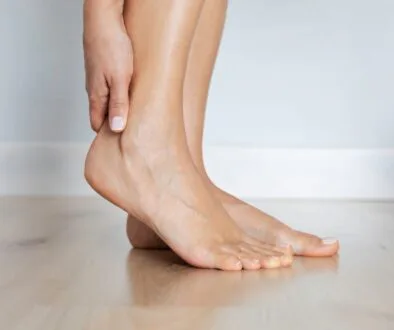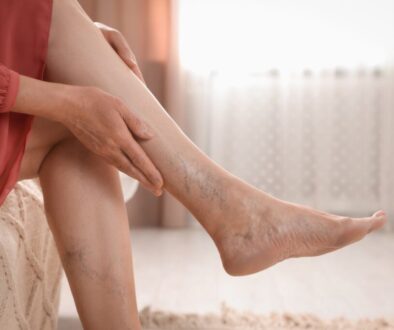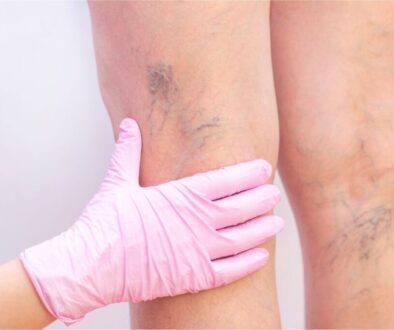A Guide to Healing Over-Exfoliated Skin: Remedies and Tips
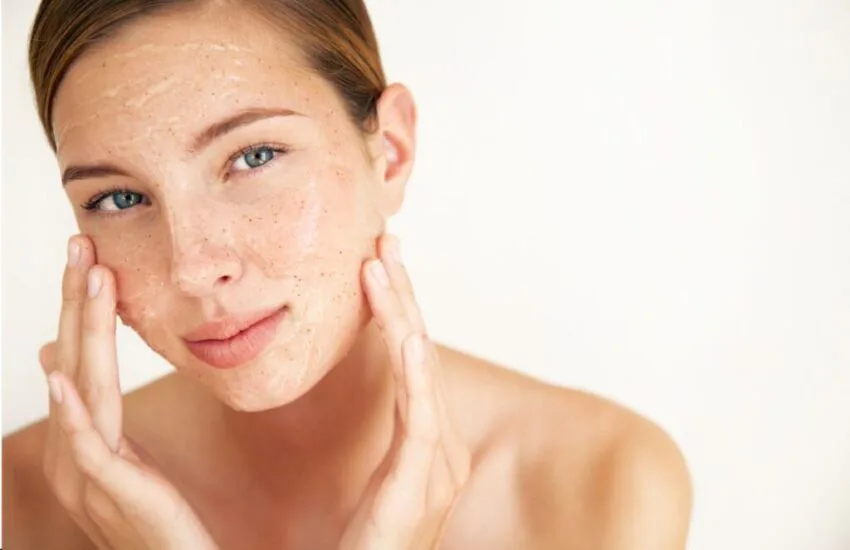
Published May 6, 2025
Ever feel like your skin just isn’t the same after exfoliating? You’re not imagining it. Over-exfoliated skin is real, and it can leave your face red, itchy, bumpy, and downright stressed out.
If you’ve been scrubbing or peeling a little too enthusiastically, your skin might be begging for a break. In this guide, we’ll show you exactly how to heal over-exfoliated skin overnight (yes, it’s really possible), what over-exfoliated skin looks like, and what to avoid moving forward. Whether you’re dealing with dryness, irritation, or mystery bumps, you’re in the right place.
Let’s get your skin calm, smooth, and glowing again.
Signs You’re Over-Exfoliating
You wanted baby-smooth skin, but now it’s red, tight, or flaking. Sound familiar right? That’s classic over-exfoliation.
When we exfoliate too often or use products that are too harsh, our skin’s protective barrier gets damaged. Redness, burning, and tiny bumps are often the first warning signs. You may even see peeling or a waxy, shiny texture that looks glowy but is actually a red flag.
Breakouts and sudden sensitivity to other products are also common. If your face feels raw or reacts to everything, it’s not purging, it’s crying out for help. So you might need to fix that.
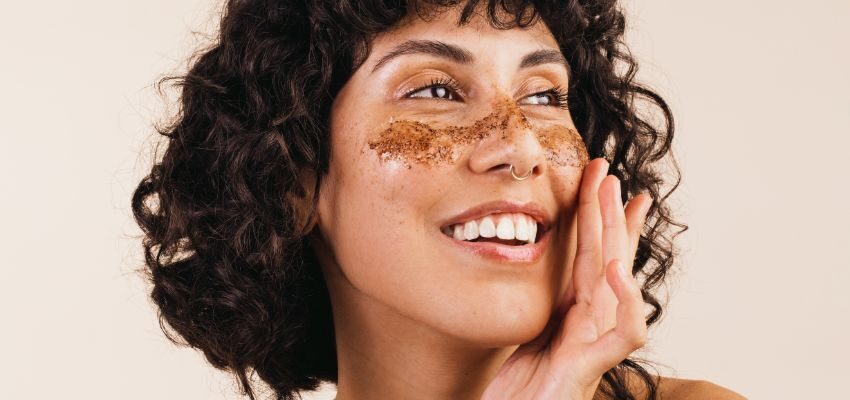
How to Heal Over-Exfoliated Skin
Step one, stop exfoliating. Seriously, drop the scrub, the acid toner, and the enzyme peel. Your skin needs time to rebuild.
Switch to a gentle, non-foaming cleanser and use a rich, fragrance-free moisturizer daily. Think of healing over-exfoliated skin like recovering from a sunburn, less is more. Stick to soothing ingredients like ceramides, peptides, and hyaluronic acid.
You can also try a thin layer of aloe vera or a calming barrier cream. And remember, no retinoids, no harsh actives, and definitely no hot water. Give your skin at least four weeks to reset and do its thing to heal.
When to Restart Exfoliating
Once your skin feels calm, balanced, and no longer reacts to gentle products, it might be ready for exfoliation again. But go slow. Start with once a week using either a very mild chemical exfoliant like lactic acid or a gentle scrub, but never both.
Always do a patch test first, and always moisturize after. If your skin stays calm, you can work up to twice a week. But if you notice even the slightest redness or tingling, stop immediately.
Think of exfoliation like spice, some is great, too much will burn. Your skin will thank you for being gentle.
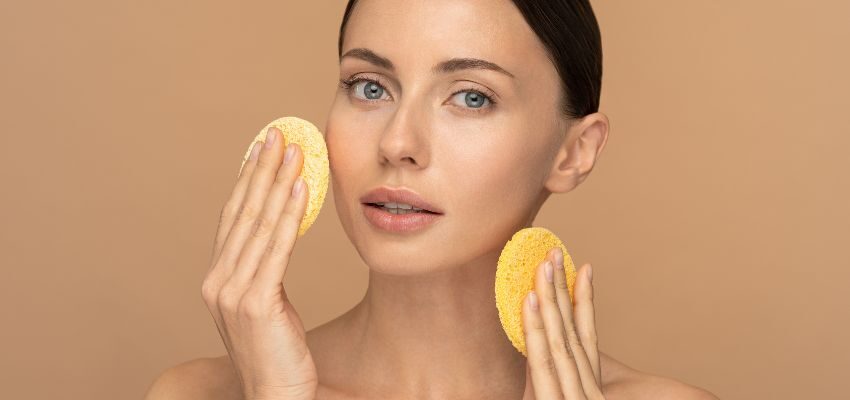
Why Exfoliation Still Matters
Here’s the plot twist, exfoliation is not the enemy, it’s the misuse of it that causes trouble. Done right, it reveals smoother, brighter skin by clearing away dead cells that dull your glow. But here’s the deal and a shocker to most of you, your skin already exfoliates itself naturally every 28 days.
You’re just giving it a little boost. Overdoing it, though, strips away protective oils and exposes sensitive layers. The goal is balance, not obsession.
Keep your exfoliation routine simple, intentional, and matched to your skin type. And remember, when in doubt, skip the scrub. Healthy skin doesn’t need to be squeaky clean, it needs to feel safe.
FAQs
What is the fastest way to heal over-exfoliated skin?
Stop using scrubs or strong products right away. Use a gentle cleanser and a rich moisturizer. Let your skin rest and stay away from the sun.
How long does it take for skin to grow back after exfoliating?
Skin usually takes about 4 weeks to fully heal. During this time, be gentle and don’t exfoliate again.
Does over-exfoliated skin heal on its own?
Yes, over-exfoliated skin can heal on its own if you stop using harsh products. Give it time, and use calming skincare.
Should I moisturize over-exfoliated skin?
Yes. Moisturizing helps fix the skin barrier. It keeps your skin soft, safe, and helps it heal faster.
What not to do after exfoliating?
Don’t use harsh products like retinol or strong acids. Avoid scrubbing, hot water, or staying too long in the sun.
Final Thoughts
Over-exfoliated skin can feel dry, red, itchy, or even bumpy. But don’t worry, it can heal with a little care and patience. Stop exfoliating for now, use gentle products, and always wear sunscreen.
Give your skin time to rest and drink lots of water, too. Soon, it will feel soft and happy again. And if you need extra help, Four Seasons Laser Center in Boca Raton is here for you.
We offer expert skin treatments that help repair, refresh, and protect your skin. Ready to glow again? Book your free consultation and let our team guide you back to healthy skin.
We Are A Medical Beauty Spa In Boca Raton Florida
Four Seasons Laser Center is a highly renowned med spa in Boca Raton Florida. Our state of the art equipment is run by highly trained and experienced staff so you can rest assured that you are in good hands. We offer laser hair removal services for your whole body, PDO Threads facelift, safe and effective Plasma Fibroblast skin tightening, and other advanced medical beauty services to help you look your best. Contact us now to book a free consultation.

Fact Checked By Experts
This content has been thoroughly fact-checked by our team of internal experts. For further information regarding the editorial standards we adhere to, please click here.

About The Author
Meet Rei Bayucca, your go-to writer for thought-provoking and captivating articles. With a wealth of experience across various industries, she is passionate about educating and inspiring her readers through her well-crafted content. Get ready for a refreshing take on the topics you care about.
